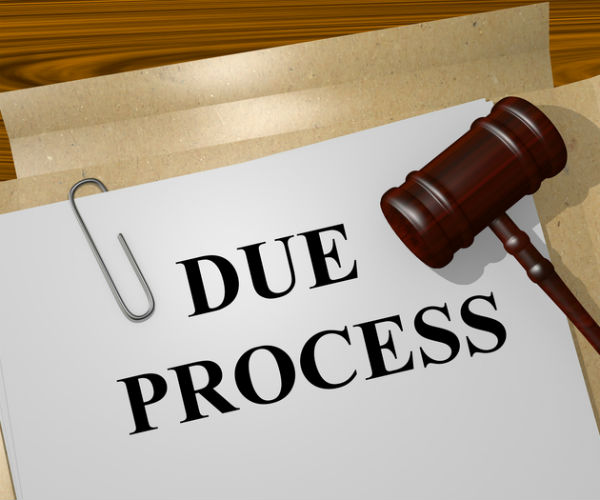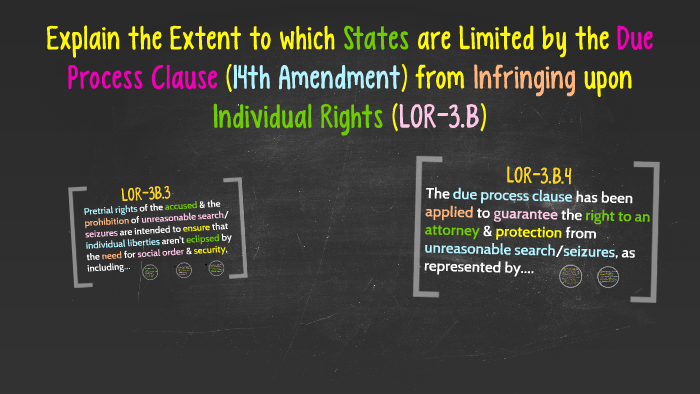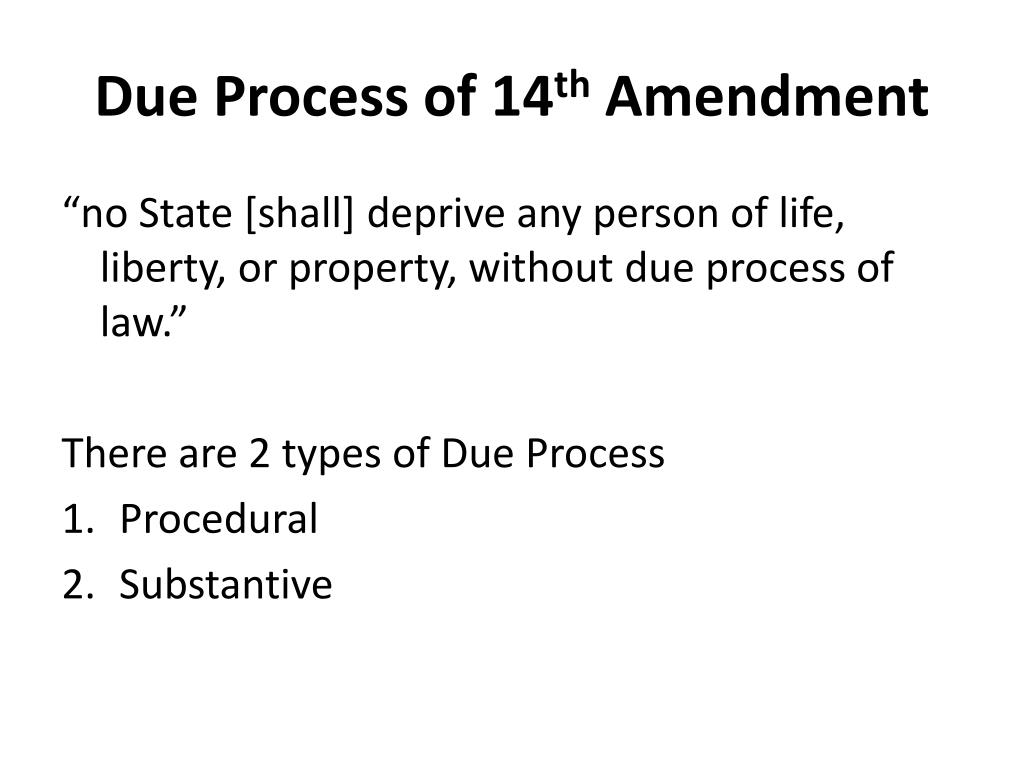
Opposing the vested rights theory of protection of property were jurists who argued first, that the written constitution was the supreme law of the State and that judicial review could look only to that document in scrutinizing legislation and not to the unwritten law of natural rights, and second, that the police power of government enabled legislatures to regulate the use and holding of property in the public interest, subject only to the specific prohibitions of the written constitution. 10 State courts were the arenas in which this struggle was carried out prior to the Civil War. 9Įarly in our judicial history, a number of jurists attempted to formulate a theory of natural rights-natural justice, which would limit the power of government, especially with regard to the property rights of persons. 8 Nor does it reach enemy alien belligerents tried by military tribunals outside the territorial jurisdiction of the United States. 5 It is effective in the District of Columbia 6 and in territories which are part of the United States, 7 but it does not apply of its own force to unincorporated territories. 1 All persons within the territory of the United States are entitled to its protection, including corporations, 2 aliens, 3 and presumptively citizens seeking readmission to the United States, 4 but States as such are not so entitled.
#DUE PROCESS AMENDMENTS FREE#
The article is a restraint on the legislative as well as on the executive and judicial powers of the government, and cannot be so construed as to leave Congress free to make any process ‘due process of law’ by its mere will. But that is not the interpretation that has been placed on the term. It is manifest that it was not left to the legislative power to enact any process which might be devised.

Standing by itself, the phrase due process would seem to refer solely and simply to procedure, to process in court, and therefore to be so limited that due process of law would be what the legislative branch enacted it to be.

United States Library of Congress, The Constitution of the United States of America: Analysis and Interpretation “No person shall…be deprived of life, liberty, or property, without due process of law " What It Means What the Fifth Amendment Says About Due Process Fifth Amendment due process is separate from, although similar to, due process under the Fourteenth Amendment. One important aspect of the Fifth Amendment is known as “due process,” or the requirement that the government cannot deprive a person of their freedom or property without going through the court system. It protects a person from being forced to testify against themselves, the right to an attorney, and more.

The Fifth Amendment provides a framework for both criminal and civil legal proceedings.


 0 kommentar(er)
0 kommentar(er)
